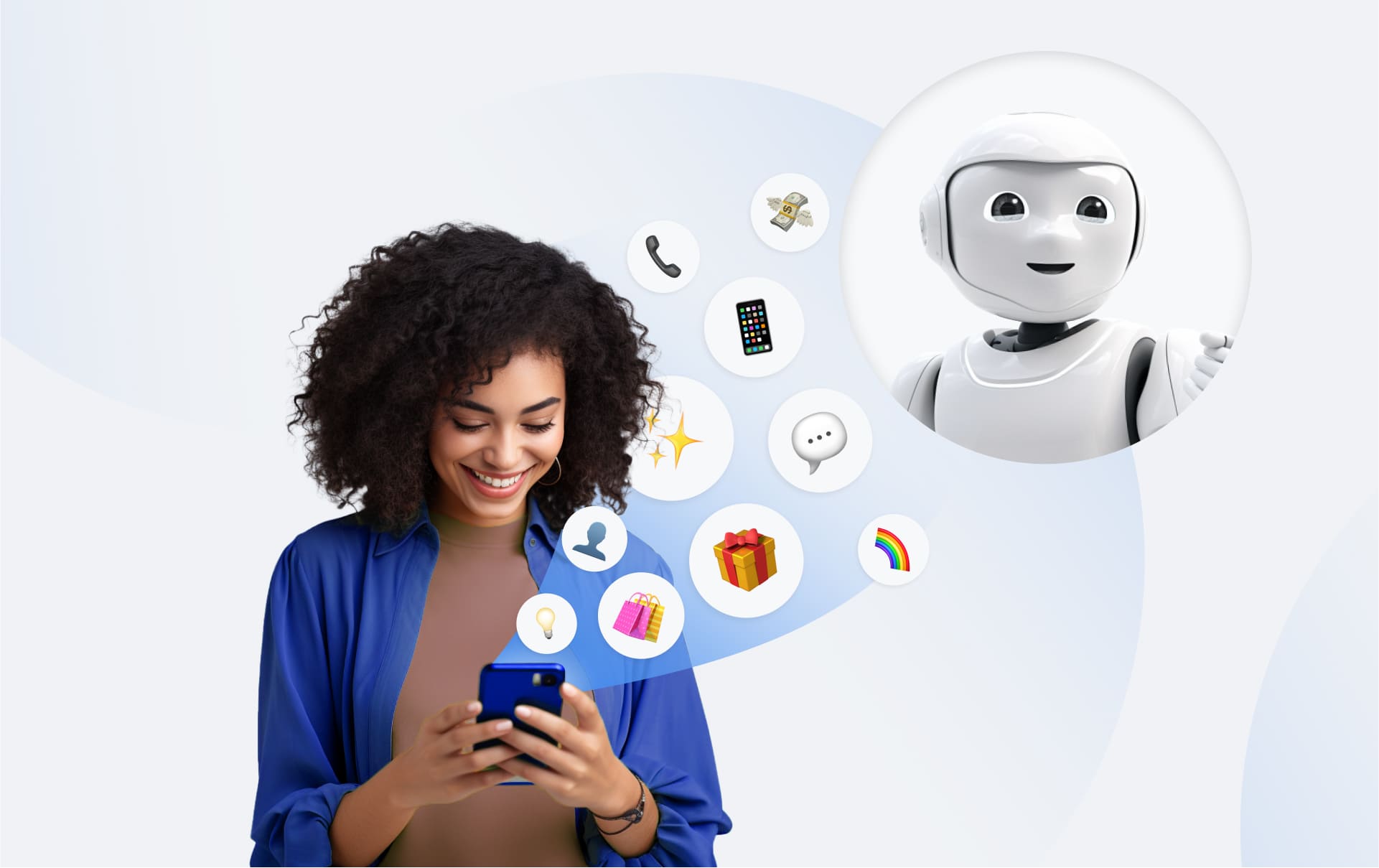In today’s fast-paced digital landscape, businesses are constantly looking for ways to enhance customer experience and engagement. One of the most transformative technologies in this quest is the chatbot. Chatbots, powered by artificial intelligence (AI) and natural language processing (NLP), have emerged as a valuable tool for companies to interact with customers, streamline operations, and provide instant support. In this blog, we’ll explore how chatbots improve customer experience and the benefits they bring to both consumers and businesses.

1. 24/7 Availability
One of the most significant advantages of chatbots is their ability to provide round-the-clock support. Unlike human agents, chatbots can engage with customers at any time of the day or night. This availability ensures that customers can get assistance whenever they need it, whether it’s early morning or late at night. This level of accessibility enhances customer satisfaction, as users no longer have to wait for business hours to receive help.
2. Instant Responses
In an age where consumers expect quick answers, chatbots excel at delivering instant responses. Whether a customer has a simple inquiry about product details or a more complex issue, chatbots can provide immediate answers, reducing wait times and improving overall satisfaction. This speed not only enhances the customer experience but also helps businesses manage high volumes of inquiries without overwhelming their support teams.
3. Personalized Interactions
Modern chatbots utilize AI and machine learning to analyze customer data and tailor interactions based on individual preferences. By remembering previous interactions and leveraging user information, chatbots can provide personalized recommendations and responses. For example, if a customer frequently purchases certain products, the chatbot can suggest similar items or notify them about special offers. This personalization fosters a sense of connection and relevance, enhancing the overall customer experience.
4. Efficient Problem Resolution
Chatbots are designed to handle a wide range of customer inquiries, from answering FAQs to resolving complex issues. By utilizing guided conversations and decision trees, chatbots can lead customers through troubleshooting steps or provide relevant information to resolve their problems efficiently. This capability not only improves the customer experience but also reduces the workload on human support agents, allowing them to focus on more complex inquiries that require human intervention.
5. Consistent Service Quality
With chatbots, businesses can ensure a consistent level of service quality across all customer interactions. Unlike human agents, who may have varying levels of expertise and mood fluctuations, chatbots deliver uniform responses based on pre-defined algorithms and databases. This consistency helps build trust with customers, as they know they will receive the same level of service regardless of when or how they reach out.
6. Cost-Effectiveness
Implementing chatbots can significantly reduce operational costs for businesses. By automating routine inquiries and support tasks, companies can minimize the need for large customer service teams. This cost-effectiveness allows businesses to allocate resources more efficiently while still providing high-quality customer support. Additionally, chatbots can handle multiple inquiries simultaneously, further maximizing efficiency.
7. Multilingual Support
In our globalized world, businesses often cater to customers from diverse linguistic backgrounds. Chatbots can be programmed to understand and respond in multiple languages, breaking down language barriers and enhancing the customer experience for non-native speakers. This capability not only improves accessibility but also demonstrates a commitment to inclusivity, fostering positive brand perception.
8. Gathering Customer Feedback
Chatbots can also play a crucial role in collecting customer feedback. After an interaction, chatbots can prompt users to rate their experience or provide comments on how the service can be improved. This feedback loop helps businesses identify areas for enhancement and adjust their offerings accordingly. By actively seeking customer opinions, companies can demonstrate their commitment to continuous improvement and customer satisfaction.
9. Seamless Integration with Other Channels
Chatbots can seamlessly integrate with various communication channels, including websites, social media platforms, and messaging apps. This multi-channel approach ensures that customers can engage with the business through their preferred platforms, creating a more cohesive experience. For instance, a customer can start a conversation on a website and continue it on a messaging app without losing context. This level of integration improves convenience and enhances the overall customer journey.
Conclusion
Chatbots are rapidly becoming an essential component of modern customer experience strategies. Their ability to provide 24/7 support, deliver instant responses, and personalize interactions significantly enhances customer satisfaction. As businesses increasingly adopt chatbots, they can streamline operations, improve service quality, and gather valuable insights into customer preferences and behavior.


No responses yet